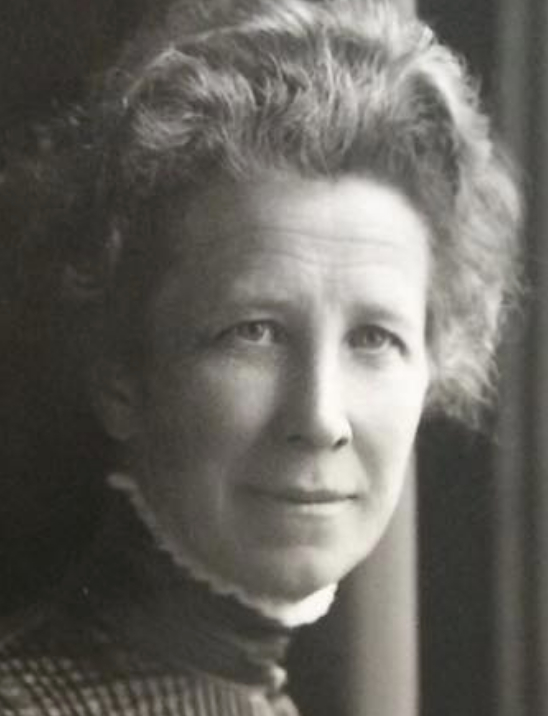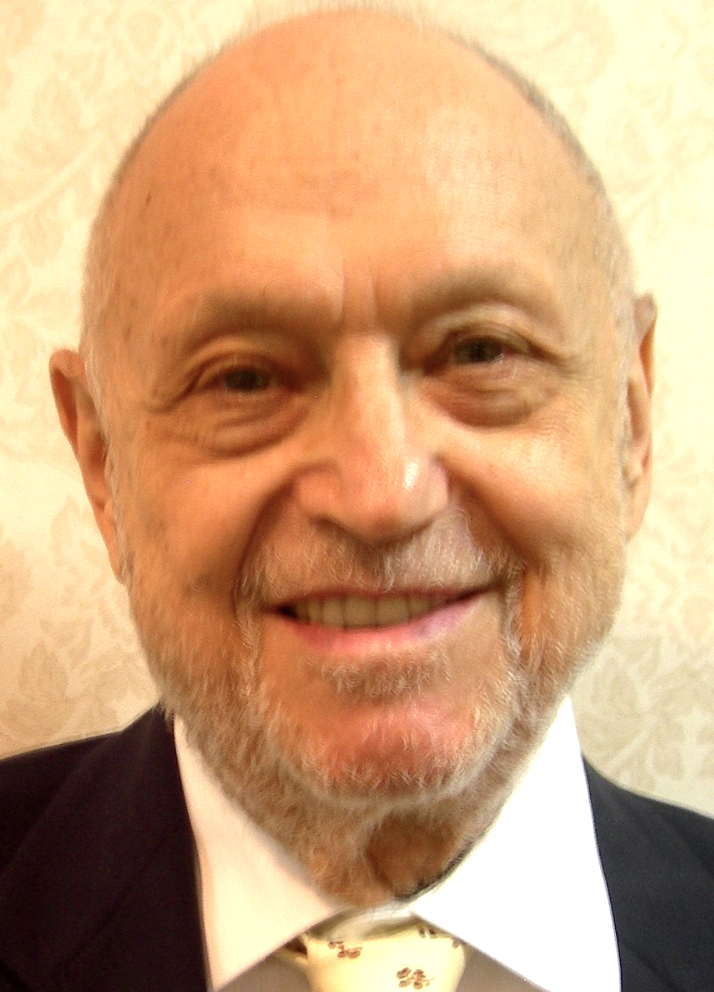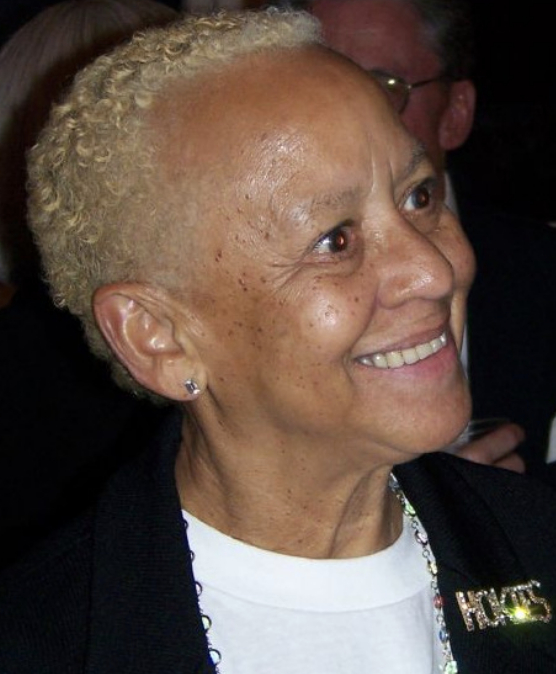June 7
Alice Hubbard

On this date in 1861, Alice Hubbard (née Moore) was born. She was educated at State Normal School in Buffalo, New York, and the Emerson College of Oratory in Boston. She married Elbert Hubbard and became general superintendent of Hubbard’s Roycroft Shop, as well as manager of the Roycroft Inn and principal of Roycroft School for Boys. The couple espoused egalitarian marriage and feminism. Her husband, a freethinker like Alice, was a famous and respected writer particularly known for his aphorisms.
Alice Hubbard wrote several books, including Woman’s Work: Being an Inquiry and an Assumption (1908) and edited An American Bible (1912). In the introduction of that book, Alice wrote: “This is the book we offer — a book written by Americans, for Americans. It is a book without myth, miracle, mystery, or metaphysics — a commonsense book for people who prize commonsense as a divine heritage. The book that will benefit most is the one that inspires men to think and to act for themselves.”
Her chapters edit the writings of “the Prophets” (all of whom have biographical entries on this site): Benjamin Franklin, Thomas Jefferson, Thomas Paine, Abraham Lincoln, Walt Whitman, Ralph Waldo Emerson and her husband. The book is printed like a modern-day bible, in two-column script excerpting nuggets of wisdom from the selected American authors. The couple tragically went down on the Lusitania and lost their lives along with nearly 1,200 others. (D. 1915)
"The world can only be redeemed through action — movement — motion. Uncoerced, unbribed and unbought, humanity will move toward the light."
— Alice Hubbard's introduction to "An American Bible" (1912)
Charles Strouse

On this date in 1928, composer Charles Strouse was born in New York City to Ira Strouse, a traveling salesman, and Ethel (Newman) Strouse, a homemaker and amateur pianist. The composer of the musical “Annie” (“The sun’ll come out tomorrow”), “Bye Bye Birdie” (“Gray skies are gonna clear up. Put on a happy face”) and the song “Those Were the Days” (on which he played the piano) from the TV show “All In The Family,” became an inseparable part of the fabric of modern popular American music.
His songs have been performed by almost every major vocalist, including Barbra Streisand, Frank Sinatra, Tony Bennett, Bobby Darin, Mandy Patinkin, Harry Connick Jr., Bobby Rydell, Jay Z, Vic Damone, Louis Armstrong, Nina Simone, Grace Jones and Duke Ellington and his Orchestra.
Strouse grew up in Manhattan with a father plagued with serious health problems and a mother who was institutionalized for two years in a psychiatric hospital. He enrolled in the Eastman School of Music in Rochester, N.Y., majoring in composition, and earned a bachelor’s degree in 1947.
Strouse wrote the score to over 30 stage musicals, 14 scores for Broadway (including “Applause,” starring Lauren Bacall, and “Golden Boy,” starring Sammy Davis Jr.), four Hollywood films (including “Bonnie and Clyde,” 1967, and “All Dogs Go To Heaven,” 1989), two orchestral works and an opera. He has been inducted into the Songwriters Hall of Fame and the Theatre Hall of Fame. He is a three-time Tony Award winner, a two-time Emmy Award winner, and his cast recordings have earned him two Grammys.
With hundreds of productions licensed annually, “Annie” and “Bye Bye Birdie” are among the most popular musicals of all time produced by regional, amateur and school groups all over the world. He “discovered” Sarah Jessica Parker, backing her selection to play the lead in “Annie” after the originator of the Broadway role outgrew it. Strouse married Barbara Siman, a director and choreographer, in 1962. They had four children.
“I grudgingly went to Sunday Hebrew school,” Strouse wrote in his 2008 memoir Put on a Happy Face. “We were not what you would call religious, and this has stuck with me to this day.” He described a full and purpose-filled life, working for music as well as civil rights (a theme of “Golden Boy”). He traveled as an accompanist with actress Butterfly McQueen, experiencing firsthand the racial discrimination she faced in the South. He marched with Sammy Davis Jr., in Selma, Ala., in 1965.
“Though my father wasn’t an atheist, I am,” he said on Freethought Radio (June 20, 2009). “I understand why people do believe [in God] and frankly, I’m a little puzzled, though a little pleased, that there is a radio program like yours that talks about it, because as an atheist, at least my kind of it, I don’t need any persuasion. I’ve been persuaded for a great number of years now, by the wars, the calamities, the religious antagonism among people and their stupid rules.”
In 2011 at FFRF’s 34th national convention in Hartford, Conn., he graciously accepted an Emperor Has No Clothes Award given to public figures who make known their dissent from religion. He died in Manhattan at age 96. He and his wife, who died in 2023, were married 61 years. (D. 2025)
PHOTO: Strouse in 2013; GustavM photo under GNU 1.2.
“My sister died in '41 of breast cancer, and I remember a rabbi saying that 'God in his infinite wisdom has chosen to take this young girl.' That was a point in my life that I said there couldn't be any God.”
— Strouse on Freethought Radio (June 20, 2009)
Nikki Giovanni

On this date in 1943, poet Yolande Cornelia “Nikki” Giovanni Jr. was born in Knoxville, Tenn., to Yolande Cornelia Sr. and Jones “Gus” Giovanni. She was nicknamed “Nikki” by her older sister. She grew up in Cincinnati and Wyoming before moving in with her grandparents in Knoxville when she was 15.
Giovanni enrolled at Fisk University in Nashville, her grandfather’s alma mater, where she graduated with honors in history in 1967. She briefly attended Columbia University before starting to teach at Rutgers University’s Livingston College, where she was an active member of the Black Arts Movement. In 1969 she gave birth to Thomas Watson Giovanni, her only child. She also taught at Ohio State and Queens College in New York.
In 1970 she began making regular appearances on a TV program called “Soul!” that combined entertainment and talk promoting Black culture. She also helped design and produce episodes. She has published multiple poetry anthologies and nine children’s books and released seven spoken word albums from 1973 to 2021. In 1987 she started a long career teaching writing and literature at Virginia Tech.
After self-publishing her first book of poetry, Black Feeling Black Talk (1968), she published prolifically, with over 30 works of fiction, nonfiction and poetry collections. Gemini: An Extended Autobiographical Statement on My First Twenty-five Years of Being a Black Poet (1971) was nominated for the National Book Award.
Giovanni was treated for lung cancer in the early 1990s and underwent several surgeries. Called one of 25 “Living Legends” by Oprah Winfrey, she has received numerous awards, including the NAACP Image Award (2000). In her autobiography, she writes, “God is dead. Jesus is dead. Allah is dead.” (Cited by Christopher Cameron in Black Freethinkers: A History of African American Secularism, 2019)
Although she had professed belief in God in a 1969 interview, when interviewed by James Baldwin in 1971, Giovanni stated, “I never wanted to be the most moral person in the world. I would like — I would sell my soul — You know what I mean? What does it profit a man to gain the world and lose his soul? The world! You know what I mean? The world. That’s what it profits him.” (Cited jn Black Freethinkers, ibid.)
PHOTO: Giovanni in 2007 at the Arkansas Literacy Festival in Little Rock; David Quinn photo under CC 2.0.
“I can't dig theology …”
— Giovanni in "A Dialogue" (with James Baldwin), adding that she appreciated churches' music and energy (1973)
